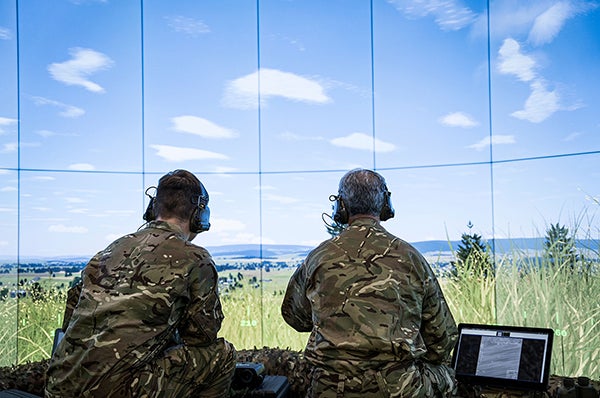
Elbit Systems UK has revealed a restructuring of its UK operations to focus on the growth of its core business.
As part of the reorganisation process, the company has sold its subsidiary Ferranti Technologies’ Power and Control business to TT Electronics for a cash consideration of approximately $12m (£9m).
The transaction was dependent on customary post-completion working capital adjustments.
Ferranti’s remaining business, including training and simulation, display systems, aircrew survival systems, avionics, and few others, is intended to be integrated into Elbit Systems UK.
According to Elbit Systems UK, the deal confirms the company’s strategy to develop its core business through continued investment.
These changes will enable the company to concentrate on new and innovative technology solutions development.
How well do you really know your competitors?
Access the most comprehensive Company Profiles on the market, powered by GlobalData. Save hours of research. Gain competitive edge.

Thank you!
Your download email will arrive shortly
Not ready to buy yet? Download a free sample
We are confident about the unique quality of our Company Profiles. However, we want you to make the most beneficial decision for your business, so we offer a free sample that you can download by submitting the below form
By GlobalDataIt will also allow the company to meet the future capability needs of the UK Armed Forces.
Elbit Systems UK CEO Martin Fausset said: “We are pleased to confirm continued successful progress in implementing Elbit Systems UK’s strategy.
“Elbit Systems UK already has an impressive footprint across the UK, providing a range of advanced systems for the UK Ministry of Defence.
“This re-organisation will allow us to guarantee and invest in the knowledge, skills and technical expertise required to support the British Armed Forces now, and in the future.”
The newly designated Elbit Systems UK Aerospace and Simulation Business Unit provides advanced technology solutions to the UK Ministry of Defence (MoD).
These technologies range from advanced simulation capabilities such as the Joint Fires Synthetic Trainer (JFST) and Interim Combined Arms Virtual Simulation (Deployable) (ICAVS (D)).
The company’s Aerospace and Simulation Business Unit also serves as the synthetic integrator for the Fisher Consortium to the UK Royal Navy through the Selborne Programme.



